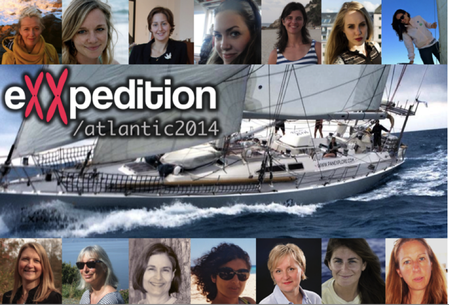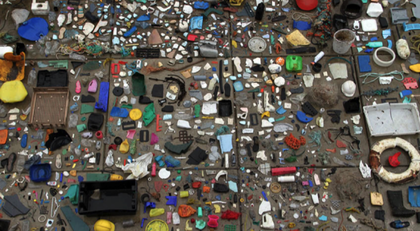On November 16, our all-female team, eXXpedition, will set sail across the Atlantic Ocean on a mission to explore the connections between ocean and human health—specifically plastics, toxics and cancer.
The Adventurers and Scientists for Conservation Marine Microplastics Project is a perfect fit with our expedition. We will take water samples on our crossing to help expand ASC’s global data set, where microplastics have been found in almost every liter of water analyzed.
In addition to conducting scientific research on board, we will do what we call “MeSearch.” We’ve undergone Body Burden analysis to provide ourselves with a full breakdown of the toxins in our bodies, and plan to use personal stories and experiences to explore the issues at hand.
Following our adventure, we will produce a feature-length documentary and a comprehensive education package designed to raise awareness of the issues and give tangible steps forward to create a healthier future for all. Our sampling for ASC will be a key part of this message.
This is about educating, enabling and empowering people worldwide to act in the face of this challenge. We want to make the unseen seen, from unseen disease to unseen pollution and unseen women. We are excited to be contributing to microplastics research and are very grateful for ASC’s support in sharing our story of hope for the future health of humankind and the oceans.


